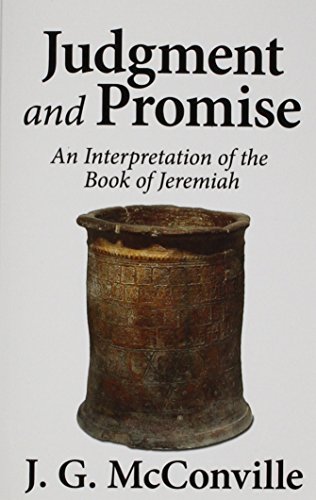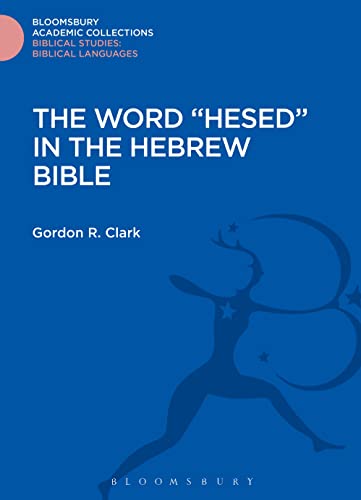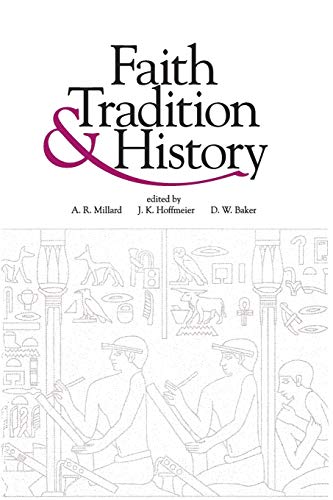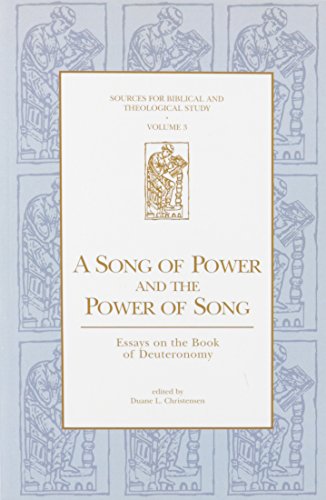Judgment and Promise. An Interpretation of the Book of Jeremiah
Written by J.G. McConville Reviewed By Richard S. HessMcConville argues that the tendency to see Jeremiah as the product of Deuteronomists (=DtH) distorts the prophet’s message and overlooks the theologically similar Hosea and Deuteronomy. Jeremiah demonstrates that Judah’s dynasty has failed and that (unlike DtH) the nation’s only hope for a covenant with God lies beyond the exile. The book progressively transforms Jeremiah into a prophet of salvation. The key themes of repentance and restoration resemble those of Hosea. McConville also challenges assumptions about the priority of the LXX over the MT. If McConville provides a new synthesis of the book of Jeremiah, King does the same for the world of the prophet. King repeatedly quotes the text of Jeremiah as his starting point for developing many details of the history, political geography, administration, religion and agriculture. Especially important discussions of Edom, the personal names found on seals, and the cultic context of burials incorporate the recent literary and archaeological evidence and transform our understanding of Jeremiah. These two volumes provides useful starting points for understanding Jeremiah’s literary and cultural contexts.
Richard S. Hess
Denver Seminary, Denver






